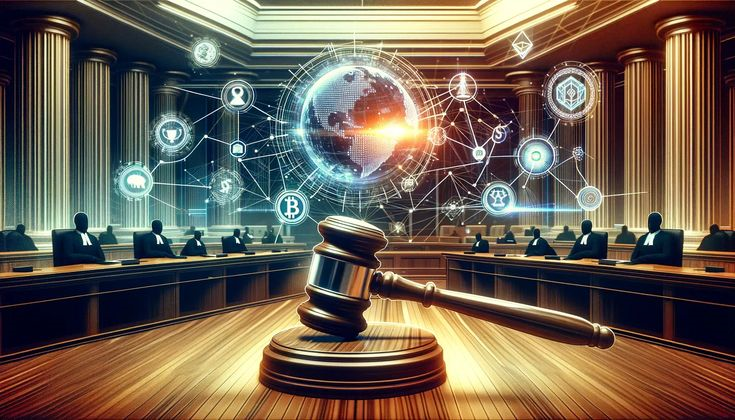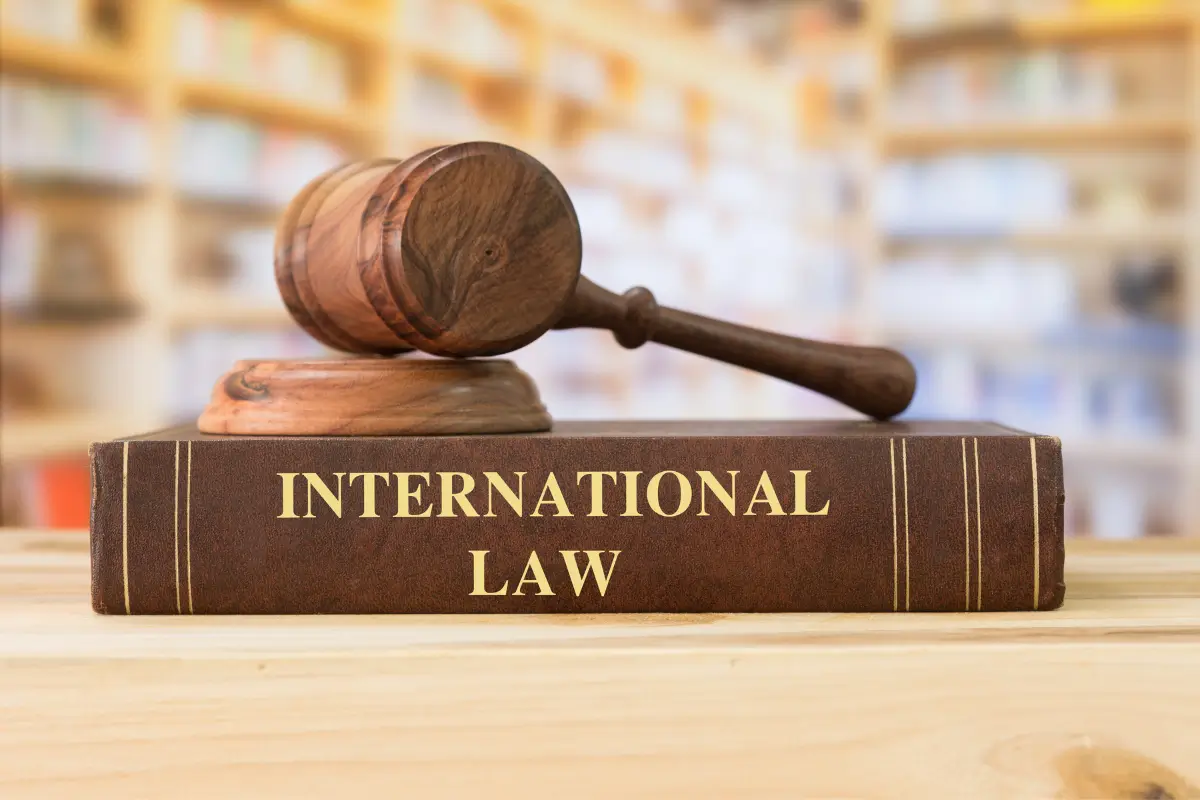The UN Security Council stands at the heart of global peacekeeping. It plays a vital role in maintaining international security, resolving conflicts, and authorizing military action when needed. The Security Council also acts as a watchdog for threats that could harm world peace.
To understand its authority and relevance, it is crucial to examine its structure and the specific duties it carries out under the United Nations Charter.
Composition of the Security Council
The UN Security Council consists of 15 members. These are split into two categories: permanent and non-permanent.
Permanent Members (P5)
Five countries hold permanent seats. These are:
- China
- France
- Russia
- The United Kingdom
- The United States
These nations received permanent membership because of their role in founding the UN and their influence in World War II. Each permanent member has veto power, meaning it can block any resolution, even if all other members agree.
Non-Permanent Members
The other ten members are elected by the UN General Assembly. They serve two-year terms and represent different geographical regions. Each year, five new countries join while five complete their terms.
The distribution ensures a fair representation:
- 3 from Africa
- 2 from Asia
- 2 from Latin America and the Caribbean
- 2 from Western Europe and others
- 1 from Eastern Europe
Non-permanent members do not hold veto power, but they can influence decisions through discussion and votes.
Voting Procedure
Each Security Council member has one vote. To pass most resolutions, at least nine members must agree, including all five permanent members. If even one permanent member uses a veto, the resolution fails.
This rule gives great power to the P5, making consensus a necessary part of decision-making.
Key Functions of the Security Council
The Security Council holds broad authority to address global conflicts. Its functions are outlined in the UN Charter, particularly in Chapters VI, VII, and VIII. These responsibilities aim to ensure peace, prevent war, and foster cooperation.
1. Maintaining International Peace and Security
This is the Council’s core duty. It investigates disputes and suggests solutions. When necessary, it authorizes measures to maintain peace — from negotiations to imposing sanctions or deploying peacekeeping forces.
In the middle of global conflicts, UN Security Council members and responsibilities come into sharp focus. They must act swiftly and decisively to prevent escalation and protect civilian lives.
2. Investigating Disputes
The Council can examine any situation that may threaten international stability. It encourages countries to settle disagreements through peaceful means like dialogue, arbitration, or judicial settlement.
3. Recommending Methods of Settlement
When peaceful efforts fail, the Council can recommend terms of resolution. These may involve ceasefires, withdrawal of troops, or third-party mediation.
4. Imposing Sanctions
To influence nations that threaten peace, the Council can impose economic and diplomatic sanctions. These measures might include:
- Arms embargoes
- Freezing financial assets
- Travel bans
- Trade restrictions
Sanctions aim to pressure governments without using force.
5. Authorizing Military Action
If necessary, the Council may approve the use of force. This could involve deploying troops or allowing member states to act militarily. Such decisions are rare and require careful deliberation.
6. Establishing Peacekeeping Mission
The Security Council organizes peacekeeping operations. These missions monitor ceasefires, disarm fighters, and help nations transition to stability. Troops and resources come from various UN member states.
7. Appointing the Secretary-General
Although the General Assembly formally appoints the Secretary-General, the Council plays a key role in nominating candidates. This ensures that the appointee has broad international support.
8. Admitting New UN Members
New nations must receive the Security Council’s recommendation before joining the UN. Only then can the General Assembly vote on their admission.
9. Referring Cases to the International Criminal Court (ICC)
The Council may refer individuals or entities to the ICC when serious crimes like genocide or war crimes occur. This power has been used in cases involving Sudan and Libya.
Recent Relevance and Challenges
The Security Council often faces criticism due to its structure. Many argue that the veto power of the P5 is outdated. Calls for reform have increased, especially from countries in Africa, Latin America, and South Asia.
Still, the Council remains the world’s most powerful diplomatic body. Despite occasional gridlocks, it continues to address modern security threats like terrorism, cyber warfare, and climate-related conflicts.




